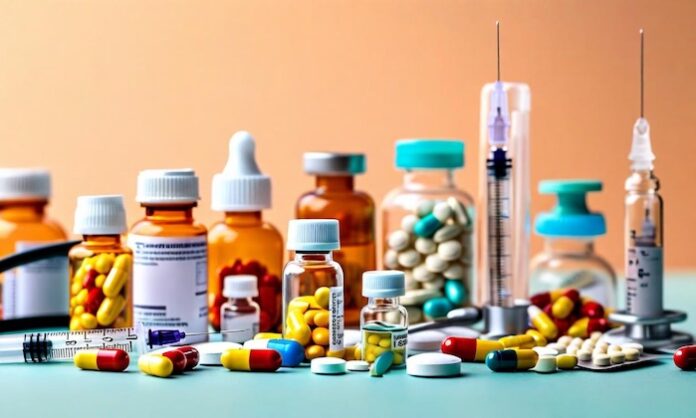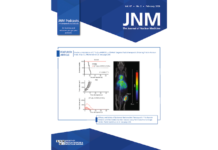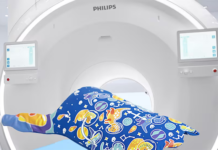
The medical fraternity has welcomed the central government’s decision to provide GST relief to 33 major life-saving drugs. The decision was taken after the 56th meeting of the GST Council, chaired by finance minister Nirmala Sitharaman.
Earlier, these drugs attracted 12% GST. These include medicines used in the treatment of cancer and several other serious and rare diseases. GST on three other life-saving drugs has been reduced from 5% to zero. Meanwhile, GST on some other medicines has been reduced from 12% to 5%.
Relief for patients, families
Experts believe this decision will bring huge relief to patients since the treatment of diseases such as cancer is already very expensive. With drug prices expected to fall, the direct financial burden on families will reduce. The treatment of cancer and rare diseases often continues for a long time. The monthly cost of medicines can shatter the financial stability of families.
Dr. Durgatosh Pandey, director of surgical oncology at Asian Hospital, says, “Every year, millions of new cancer cases are reported in India. Most of these patients belong to poor and middle-class families. With GST removed, medicines will become relatively cheaper, allowing more patients to afford them. This is a historic step in the healthcare sector.”
Rare diseases
This GST relief is not limited to cancer alone but also applies to medicines used for rare genetic disorders and autoimmune diseases. Although the number of such patients is small, their treatment costs are extremely high.
Dr. Pratik Patil, consultant oncologist at Jupiter Hospital, Pune, explains, “Medicines for many genetic disorders are so costly that yearly expenses can run into lakhs of rupees. With this decision, families will face less financial burden and timely treatment will be possible. It is a major step toward healthcare equity.”
Easier access to medicines
According to experts, this decision will not only reduce the financial strain on patients but will also ensure easier access to medicines. Due to high treatment costs, patients often stop taking medicines on time, which worsens their health. With reduced taxes, this situation is expected to improve.
The government’s move will bring relief to patients and their families. Lower taxes on life-saving drugs will reduce treatment costs and allow more people to get timely access to medicines. For millions battling cancer and rare diseases, this decision will serve as a new ray of hope.
Speaking on the GST Council’s announcement, Ayush Chauhan, Prakash Hospital, said, “The GST Council’s decision to reduce the tax burden on healthcare and insurance is a very progressive step. Including cancer medicines under the zero-tax bracket is a landmark move for healthcare in India. For patients battling critical illnesses, even a small reduction in cost can ease the financial strain on families and make treatment more accessible.
Crucial equipment
The GST on several essential medical products, which was earlier 18%, has now been reduced to 5%. This includes crucial equipment such as thermometers, medical-grade oxygen, all diagnostic kits and reagents, glucometers and test strips, and spectacles. Earlier, these items attracted 12% GST, which has now been reduced to 5%
Along with this, the government has also taken the historic decision to completely remove GST on premiums for personal life insurance and health insurance policies. Until now, GST at the rate of 18% has been levied on health and life insurance premiums.
Devices like thermometers and glucometers are used directly in almost every household. At the same time, diagnostic kits and medical oxygen play a crucial role in saving patients’ lives, from hospitals to rural areas.
Dr. Ashish Chaudhry, managing director of Aakash Healthcare, says, “This step will prove to be a milestone in making healthcare services accessible and affordable. Devices such as glucometers, diagnostic kits, and medical oxygen are essential for millions of patients every day. Reducing taxes will lower their prices and ensure easier access for patients.”
Health and life insurance
The biggest change is the removal of GST on personal health and life insurance policies. Earlier, the cost of premiums used to rise significantly due to the 18% tax. Now, after this decision, policies will become cheaper and more people will be able to opt for insurance.
Dr. Aakaar Kapoor, CEO and lead medical advisor, City Xray Scan & Clinic, says, “The reduction of GST on diagnostic kits and reagents will have a direct impact on the cost of tests. Now patients will be able to get blood tests, X-rays, MRIs, and other diagnostic examinations at lower prices. This will not only provide financial relief to patients but also make timely testing easier, helping in the early detection of diseases.”
Experts believe that these reforms will create a positive environment in the healthcare sector. With medical equipment becoming cheaper, hospitals in rural and small towns will also be able to purchase them easily. With greater health insurance coverage, more people will be able to afford treatment costs. It will also help strengthen the medical infrastructure.








